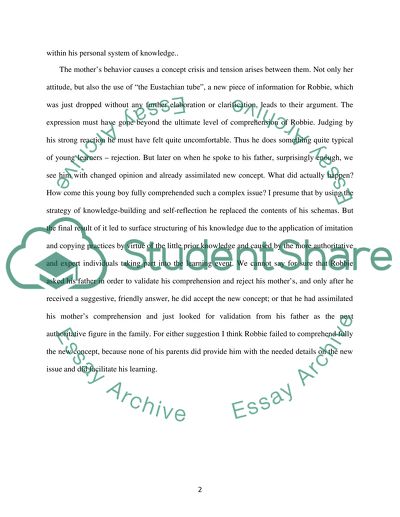Cite this document
(“Psychology of Learning Case Study Example | Topics and Well Written Essays - 1250 words”, n.d.)
Psychology of Learning Case Study Example | Topics and Well Written Essays - 1250 words. Retrieved from https://studentshare.org/psychology/1524662-psychology-of-learning
Psychology of Learning Case Study Example | Topics and Well Written Essays - 1250 words. Retrieved from https://studentshare.org/psychology/1524662-psychology-of-learning
(Psychology of Learning Case Study Example | Topics and Well Written Essays - 1250 Words)
Psychology of Learning Case Study Example | Topics and Well Written Essays - 1250 Words. https://studentshare.org/psychology/1524662-psychology-of-learning.
Psychology of Learning Case Study Example | Topics and Well Written Essays - 1250 Words. https://studentshare.org/psychology/1524662-psychology-of-learning.
“Psychology of Learning Case Study Example | Topics and Well Written Essays - 1250 Words”, n.d. https://studentshare.org/psychology/1524662-psychology-of-learning.


